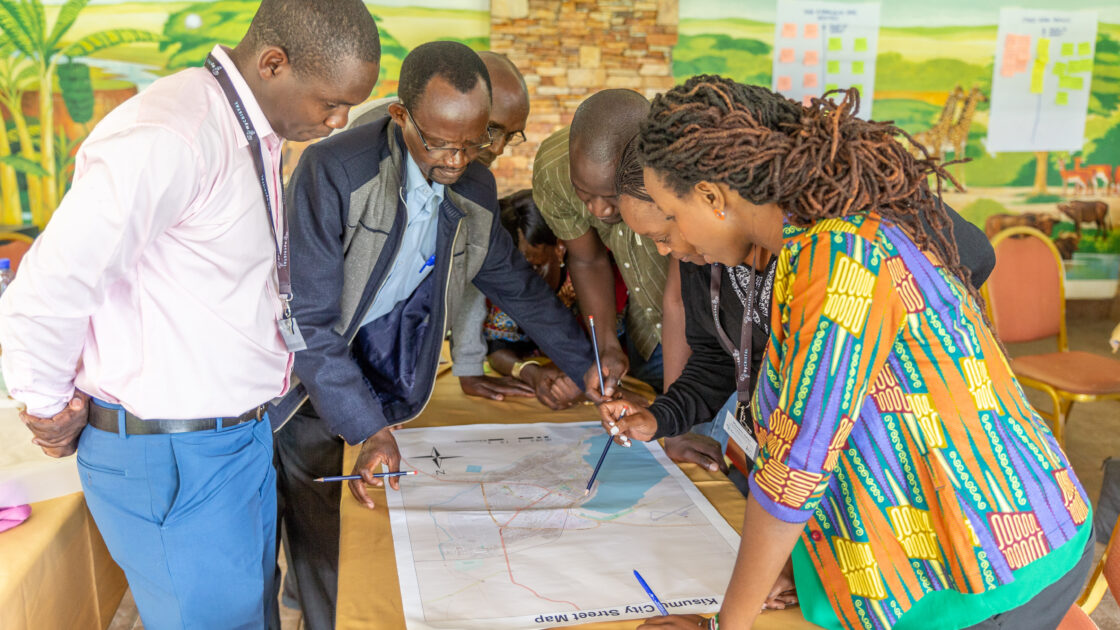Africa is one of the regions most at risk to the effects of climate change. The climate of the continent has already changed, with extremes happening more often and with greater intensity. Countries across the continent need to integrate accurate and relevant climate information into decision-making to safeguard the lives and livelihoods of people and communities.
However, one of the key barriers to mainstreaming climate change in decision-making is the poor scientific understanding of Africa’s climate, which results in large uncertainty in future changes. The Future Climate For Africa (FCFA) programme aimed to address this through delivering a substantive improvement in generation and use of climate information in policy, planning and investments.
FCFA was a research and development programme funded jointly by the UK Foreign, Commonwealth and Development Office (FCDO) and the Natural Environment Research Council (NERC). The shared focus on the fundamental climate science and addressing real-world problems meant the programme was able to generate meaningful impact. The programme worked in a particularly collaborative manner, which meant expertise and technical capacities could be shared to tackle problems. This also allowed for rapid scientific progress as expertise was shared across the continent, and emerging findings could be leveraged by other researchers to further their own research.
FCFA was a research and development programme funded jointly by the UK Foreign, Commonwealth and Development Office (FCDO) and the Natural Environment Research Council (NERC). The shared focus on the fundamental climate science and addressing real-world problems meant the programme was able to generate meaningful impact. The programme worked in a particularly collaborative manner, which meant expertise and technical capacities could be shared to tackle problems. This also allowed for rapid scientific progress as expertise was shared across the continent, and emerging findings could be leveraged by other researchers to further their own research.
FCFA has demonstrated the value in investments in both climate research as well as co-production of climate information. Through improved scientific understanding and novel approaches of engagement to influence real world problems the programme was able to: influence 13 policies, plans and investments; deliver 14 tools to support decision-making; and directly engage with 187 institutions. However in order to have the intended long-term impacts, sustained efforts are needed to ensure the continuation of FCFA’s work. Going forward, it is important to find ways to scale-up and replicate the approaches adopted within FCFA to ensure effective adaptation to climate change.


No comments:
Post a Comment